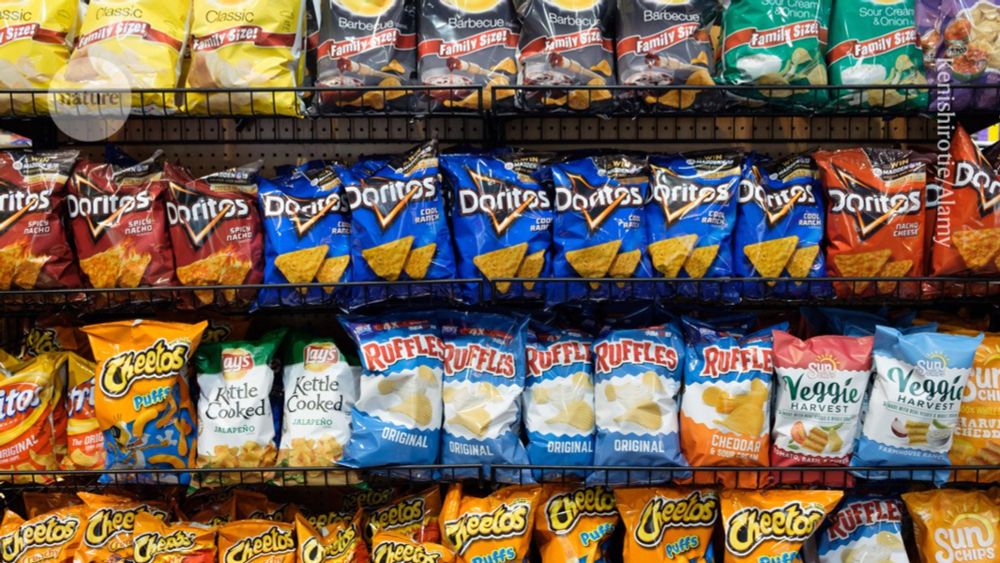Preet Lidder
@lidderpr.bsky.social
Molecular biologist turned agrifood policy nerd. Technical Adviser in FAO Chief Scientist Office. Side gigs: backyard farming, baking, parenting, loving dogs. Passionate about #Science-Policy Interface, #FoodSystems, #ClimateAction, #Innovation
Pinned
Preet Lidder
@lidderpr.bsky.social
· Dec 18
Guidance on strengthening national science–policy interfaces for agrifood systems
In line with its Science and Innovation Strategy, FAO has developed this guidance on strengthening science–policy interfaces (SPIs) for agrifood systems at the national level, helping to ensure that e...
openknowledge.fao.org
HOT OFF THE PRESS! Through a deliberative research and consultation process, we have developed guidance on strengthening #science–policy interfaces (SPIs) for #agrifood systems at the national level. @fao.org openknowledge.fao.org/items/887fb7...
Rest peacefully, Jane Goodall - a radiant soul and a life that touched so many. Truly one of a kind ❤️
www.bbc.com/news/live/c9...?
www.bbc.com/news/live/c9...?

Jane Goodall, chimpanzee expert and animal rights campaigner, dies age 91 - follow live
The primatologist was a
www.bbc.com
October 1, 2025 at 7:13 PM
Rest peacefully, Jane Goodall - a radiant soul and a life that touched so many. Truly one of a kind ❤️
www.bbc.com/news/live/c9...?
www.bbc.com/news/live/c9...?
Reposted by Preet Lidder
Food is the great unequalizer. When recessions hit, poor families turn to the cheapest calories, the least healthy. The result is a vicious cycle of hunger, obesity and inequality. Investing in affordable, healthy diets isn’t a cost; it’s one of the smartest savings. 📷 Le/Unsplash

September 30, 2025 at 6:28 AM
Food is the great unequalizer. When recessions hit, poor families turn to the cheapest calories, the least healthy. The result is a vicious cycle of hunger, obesity and inequality. Investing in affordable, healthy diets isn’t a cost; it’s one of the smartest savings. 📷 Le/Unsplash
7 out of 9 Planetary Boundaries have been breached, with all of those 7 showing trends of increasing pressure – suggesting further deterioration and destabilization of planetary health in the near future.
www.planetaryhealthcheck.org#reports-sect...
www.planetaryhealthcheck.org#reports-sect...

September 30, 2025 at 12:49 PM
7 out of 9 Planetary Boundaries have been breached, with all of those 7 showing trends of increasing pressure – suggesting further deterioration and destabilization of planetary health in the near future.
www.planetaryhealthcheck.org#reports-sect...
www.planetaryhealthcheck.org#reports-sect...
Every year, 13.3% of total production is lost between harvest and retail, equating to 1.31 billion tonnes of global food production. Globally, fruit and vegetables have the highest loss rate at 25.4%, followed by meat and animal products at 14%.
www.fao.org/statistics/h...
www.fao.org/statistics/h...

On the International Day of Awareness of Food Loss and Waste, learn how FAO is leveraging data to save food and advance the 2030 Agenda
The Food and Agriculture Organization of the United Nations (FAO) is marking this year’s International Day of Awareness of Food Loss and Waste (IDA...
www.fao.org
September 30, 2025 at 12:40 PM
Every year, 13.3% of total production is lost between harvest and retail, equating to 1.31 billion tonnes of global food production. Globally, fruit and vegetables have the highest loss rate at 25.4%, followed by meat and animal products at 14%.
www.fao.org/statistics/h...
www.fao.org/statistics/h...
Just wrapped up an insightful workshop we co-organized with the @sciencecouncil.bsky.social on science communication for agrifood systems transformation. Stay tuned for our upcoming joint issue paper later this year! @fao.org @carbonbrief.org @tabledebates.bsky.social @thinink.bsky.social

September 30, 2025 at 7:43 AM
Just wrapped up an insightful workshop we co-organized with the @sciencecouncil.bsky.social on science communication for agrifood systems transformation. Stay tuned for our upcoming joint issue paper later this year! @fao.org @carbonbrief.org @tabledebates.bsky.social @thinink.bsky.social
Reposted by Preet Lidder
Wondering about the importance of the two new IPBES reports? IPBES Bureau member, Eeva Primmer, explains why the reports are timely and relevant for everyone.
September 19, 2025 at 7:31 AM
Wondering about the importance of the two new IPBES reports? IPBES Bureau member, Eeva Primmer, explains why the reports are timely and relevant for everyone.
Classifying famine means that the most extreme category is triggered when three critical thresholds – extreme food deprivation, acute malnutrition and starvation-related deaths – have been breached.

Famine confirmed for first time in Gaza
FAO, UNICEF, WFP and WHO reiterate call for immediate ceasefire and unhindered humanitarian access to curb deaths from hunger and malnutrition.
www.fao.org
August 22, 2025 at 11:08 AM
Classifying famine means that the most extreme category is triggered when three critical thresholds – extreme food deprivation, acute malnutrition and starvation-related deaths – have been breached.
"We often think of evidence as inherently objective. But all evidence is produced in a context and shaped by a range of factors - public policy and research funding as well as private interests, dominant scientific paradigms and the values and worldviews embedded in society." -David Cooper

Evidence must be fit for purpose to support science and innovation for people and planet
Continued investment in science, technology and innovation is critical for meeting the challenges of food security and sustainable development and to achieve...
www.fao.org
August 21, 2025 at 6:46 AM
"We often think of evidence as inherently objective. But all evidence is produced in a context and shaped by a range of factors - public policy and research funding as well as private interests, dominant scientific paradigms and the values and worldviews embedded in society." -David Cooper
A basic premise of science is that it evolves. But what happens when an entire field changes its mind?

What Happens When an Entire Scientific Field Changes Its Mind
Total reversals in scientific thinking are rare—but earth-shattering
www.scientificamerican.com
August 21, 2025 at 6:33 AM
A basic premise of science is that it evolves. But what happens when an entire field changes its mind?
Reposted by Preet Lidder
India has made decisive gains against hunger through digital tech, smarter governance and better service delivery. The next move: shifting from calories to nutrition. Full blog here: tinyurl.com/4kpuhyf6 #SOFI2025

India Can Turn Hunger Gains Into Lasting Change
India’s gains in fighting hunger are the result of its policy investments in food security.
tinyurl.com
August 19, 2025 at 10:05 AM
India has made decisive gains against hunger through digital tech, smarter governance and better service delivery. The next move: shifting from calories to nutrition. Full blog here: tinyurl.com/4kpuhyf6 #SOFI2025
Progress remains limited in critical areas such as health care, sanitation, housing, and education. Within countries, rural, agrarian households with low levels of educational attainment are particularly disadvantaged.
www.nature.com/articles/s41...
www.nature.com/articles/s41...

Subnational survey data reveal persistent gaps in living standards across 75 low and middle-income countries - Nature Communications
Using subnational Demographic and Health Survey data from 75 low and middle-income countries, the authors show that many households lack access to decent living standards as basic prerequisites for hu...
www.nature.com
July 16, 2025 at 8:32 AM
Progress remains limited in critical areas such as health care, sanitation, housing, and education. Within countries, rural, agrarian households with low levels of educational attainment are particularly disadvantaged.
www.nature.com/articles/s41...
www.nature.com/articles/s41...
Reposted by Preet Lidder
🛖 The ILK approach adopted by @IPBES.net offers a framework for effectively engaging #IndigenousPeoples and local communities and recognizing and working with traditional knowledge.
This is crucial for effective biodiversity assessments & ensuring sustainable resource management.
Learn how. 👇
This is crucial for effective biodiversity assessments & ensuring sustainable resource management.
Learn how. 👇
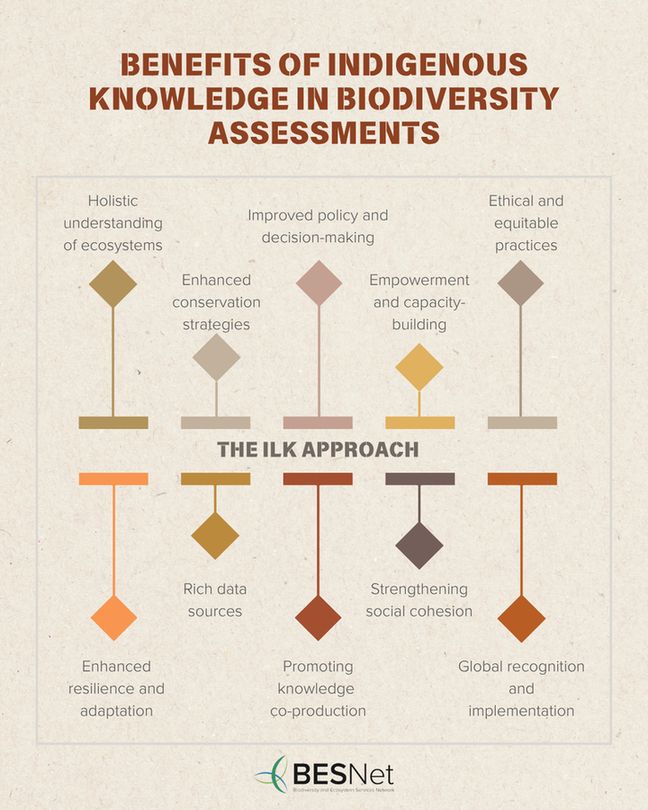
July 11, 2025 at 12:37 PM
🛖 The ILK approach adopted by @IPBES.net offers a framework for effectively engaging #IndigenousPeoples and local communities and recognizing and working with traditional knowledge.
This is crucial for effective biodiversity assessments & ensuring sustainable resource management.
Learn how. 👇
This is crucial for effective biodiversity assessments & ensuring sustainable resource management.
Learn how. 👇
The inverse relationship between size and land productivity is alive and well. The relationship between TFP and size, in contrast, has evolved with modernization during this period, becoming increasingly U-shaped or even positive. www.sciencedirect.com/science/arti...?

The inverse relationship between farm size and productivity: Refocusing the debate
The relationship between farm size and productivity is a recurrent topic in development economics, almost as old as the discipline itself. This paper …
www.sciencedirect.com
July 11, 2025 at 1:25 PM
The inverse relationship between size and land productivity is alive and well. The relationship between TFP and size, in contrast, has evolved with modernization during this period, becoming increasingly U-shaped or even positive. www.sciencedirect.com/science/arti...?
A shining example of science and evidence driving policy....
The Montreal Protocol has phased out 99% of ozone-depleting substances, many of which are powerful greenhouse gases.
By curbing these pollutants and shielding carbon sinks from UV damage, it could prevent up to 1°C of warming by 2100: www.unep.org/news-and-sto...
By curbing these pollutants and shielding carbon sinks from UV damage, it could prevent up to 1°C of warming by 2100: www.unep.org/news-and-sto...
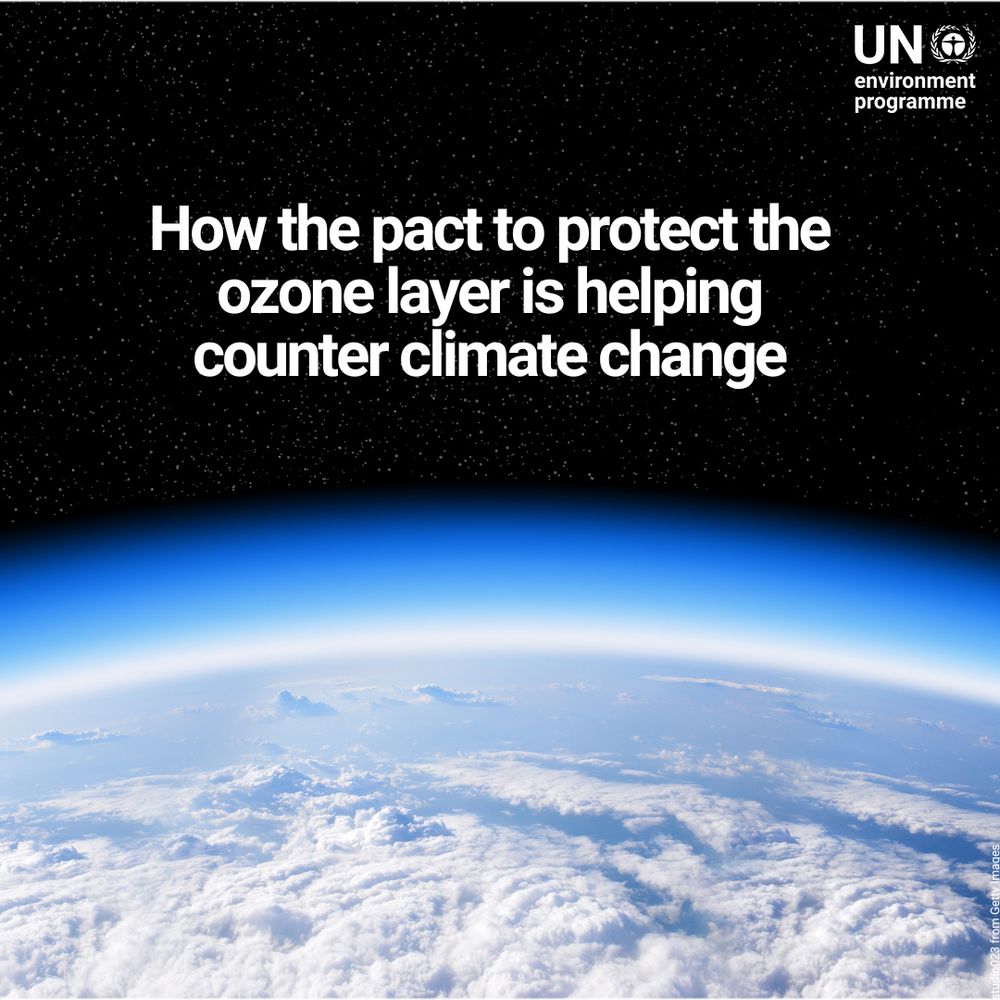
July 10, 2025 at 2:13 PM
A shining example of science and evidence driving policy....
Sage advice.
When you read a press release or news article about a paper, always look for the link to the paper and read it before sharing. If you can't find it, consider not sharing it.
Press releases often say more than the papers do, and news articles more than the press releases.
Press releases often say more than the papers do, and news articles more than the press releases.
July 10, 2025 at 2:09 PM
Sage advice.
Reposted by Preet Lidder
Highlighting the growing convergence between @ipcc.bsky.social & @ipbes.net , Chair Jim Skea stresses the various opportunities for collaboration and the importance of aligning scientific themes, methodologies & processes, unlocking synergies to address the biodiversity–climate nexus.
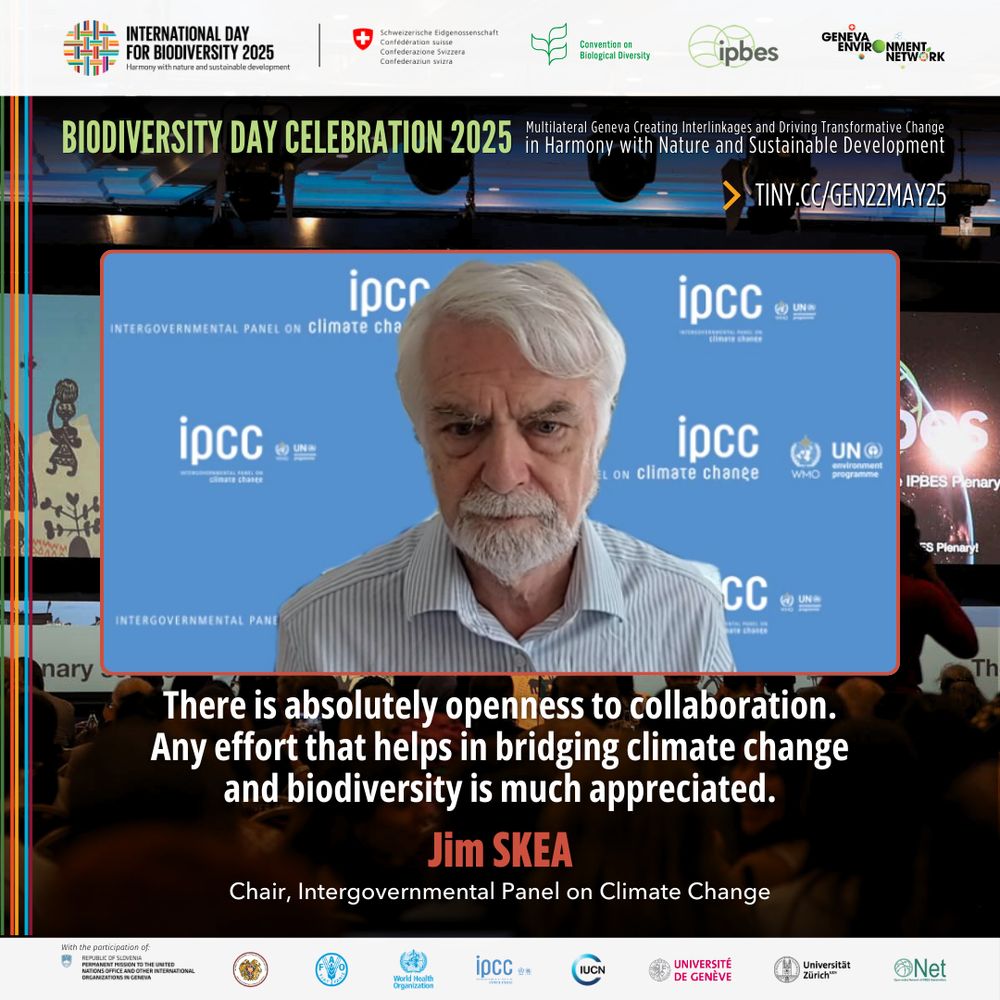
May 22, 2025 at 12:47 PM
Highlighting the growing convergence between @ipcc.bsky.social & @ipbes.net , Chair Jim Skea stresses the various opportunities for collaboration and the importance of aligning scientific themes, methodologies & processes, unlocking synergies to address the biodiversity–climate nexus.
Without immediate action to fully lift the blockade of food and humanitarian aid, famine will consume Gaza, disproportionately affecting the most vulnerable first, including pregnant and lactating women, children, the sick, and the elderly. openknowledge.fao.org/items/b2d3fa...
Food pipeline disruption and declining food availability in the Gaza Strip: Implications under international humanitarian and human rights law
This brief presents findings from a Food and Agriculture Organization of the United Nations (FAO) simulation assessing daily food requirements and availability in the Gaza Strip under ongoing constrai...
openknowledge.fao.org
May 20, 2025 at 12:06 PM
Without immediate action to fully lift the blockade of food and humanitarian aid, famine will consume Gaza, disproportionately affecting the most vulnerable first, including pregnant and lactating women, children, the sick, and the elderly. openknowledge.fao.org/items/b2d3fa...
Reposted by Preet Lidder
Sharing a short 'taster' based on Chapter 12 of Titans of Industrial Agriculture about the political influence of the Big Ag input companies - published in the MIT Press Reader.
thereader.mitpress.mit.edu/the-hidden-p...
@mitpress.bsky.social
thereader.mitpress.mit.edu/the-hidden-p...
@mitpress.bsky.social
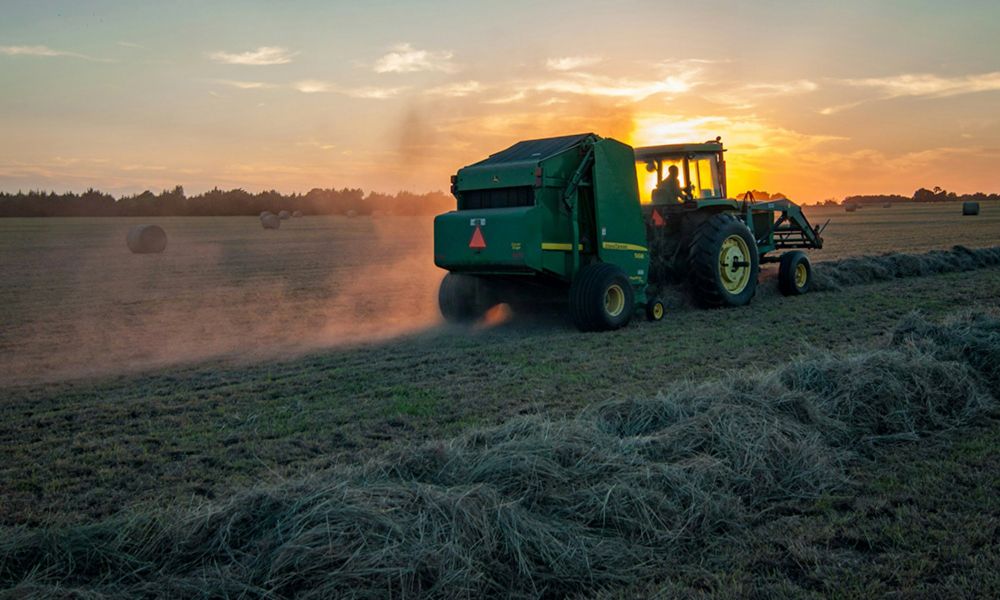
The Hidden Politics and Power of Agribusiness
As food grows more global, so does the influence of the corporations controlling it.
thereader.mitpress.mit.edu
May 12, 2025 at 10:50 AM
Sharing a short 'taster' based on Chapter 12 of Titans of Industrial Agriculture about the political influence of the Big Ag input companies - published in the MIT Press Reader.
thereader.mitpress.mit.edu/the-hidden-p...
@mitpress.bsky.social
thereader.mitpress.mit.edu/the-hidden-p...
@mitpress.bsky.social
Reposted by Preet Lidder
I've seen a lot of people writing recently that #netzero is dead. While #netzero may have developed a political dimension, the concept is fundamentally scientific; the world will keep warming until our net additions of CO2 & then GHGs fall to zero & possibly negative given earthsystem feedbacks.
May 12, 2025 at 2:30 PM
Reposted by Preet Lidder
Reposted by Preet Lidder
The @nationalacademies.org has a roundtable on AI and climate change, and tomorrow we're having a meeting. You can watch the livestream and ask questions. I'll be moderating a panel on data centers, electricity, and emissions at 10:20AM ET. www.nationalacademies.org/event/44882_...
www.nationalacademies.org
May 5, 2025 at 2:31 AM
The @nationalacademies.org has a roundtable on AI and climate change, and tomorrow we're having a meeting. You can watch the livestream and ask questions. I'll be moderating a panel on data centers, electricity, and emissions at 10:20AM ET. www.nationalacademies.org/event/44882_...
Reposted by Preet Lidder
Mercury and methyl bromide might be better regulated by other treaties, according to some #BRSCOPs delegates
Thus, these substances might not be added the list of chemicals subject to the Rotterdam Convention’s prior informed consent procedure
Read ➡️ enb.iisd.org/basel-rotter...
#BRSCOPs2025
Thus, these substances might not be added the list of chemicals subject to the Rotterdam Convention’s prior informed consent procedure
Read ➡️ enb.iisd.org/basel-rotter...
#BRSCOPs2025



May 5, 2025 at 4:41 AM
Mercury and methyl bromide might be better regulated by other treaties, according to some #BRSCOPs delegates
Thus, these substances might not be added the list of chemicals subject to the Rotterdam Convention’s prior informed consent procedure
Read ➡️ enb.iisd.org/basel-rotter...
#BRSCOPs2025
Thus, these substances might not be added the list of chemicals subject to the Rotterdam Convention’s prior informed consent procedure
Read ➡️ enb.iisd.org/basel-rotter...
#BRSCOPs2025
Reposted by Preet Lidder
Should science be neutral in the face of the social-ecological crisis? In this open-access perspective we argue that as concerned scientists we have the right and responsibility to engage in activism. www.nature.com/articles/s44...
The activism responsibility of climate scientists and the value of science-based activism - npj Climate Action
npj Climate Action - The activism responsibility of climate scientists and the value of science-based activism
www.nature.com
April 28, 2025 at 8:46 PM
Should science be neutral in the face of the social-ecological crisis? In this open-access perspective we argue that as concerned scientists we have the right and responsibility to engage in activism. www.nature.com/articles/s44...


